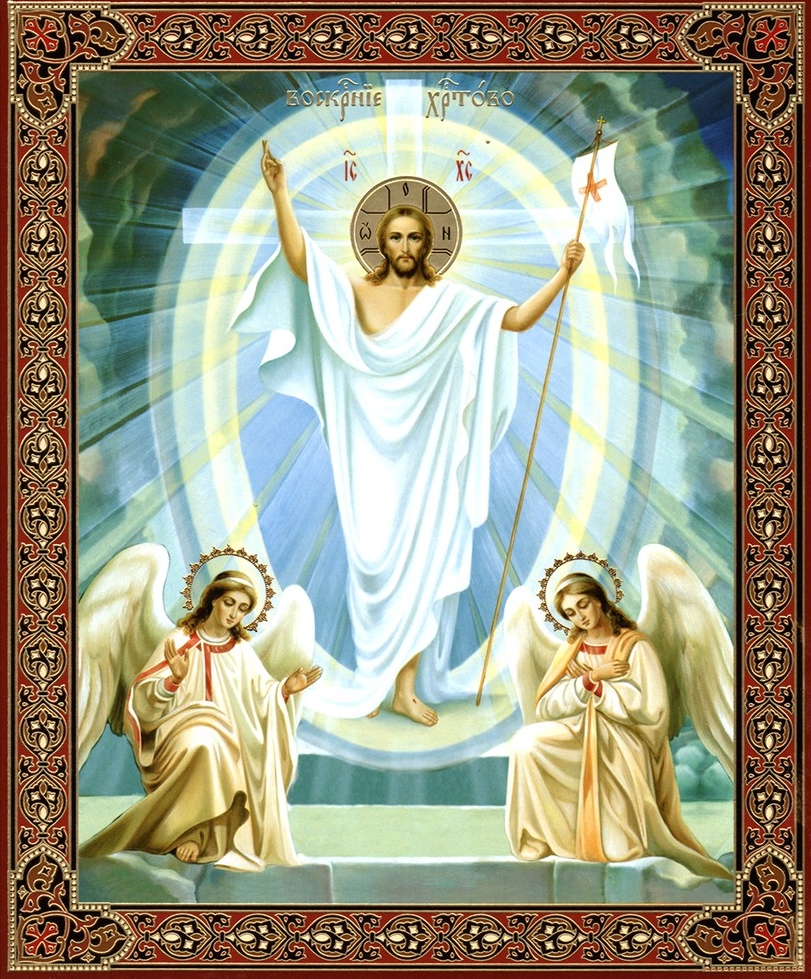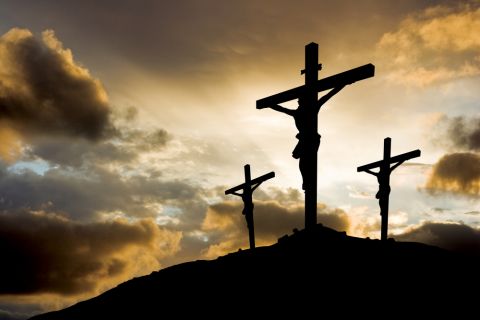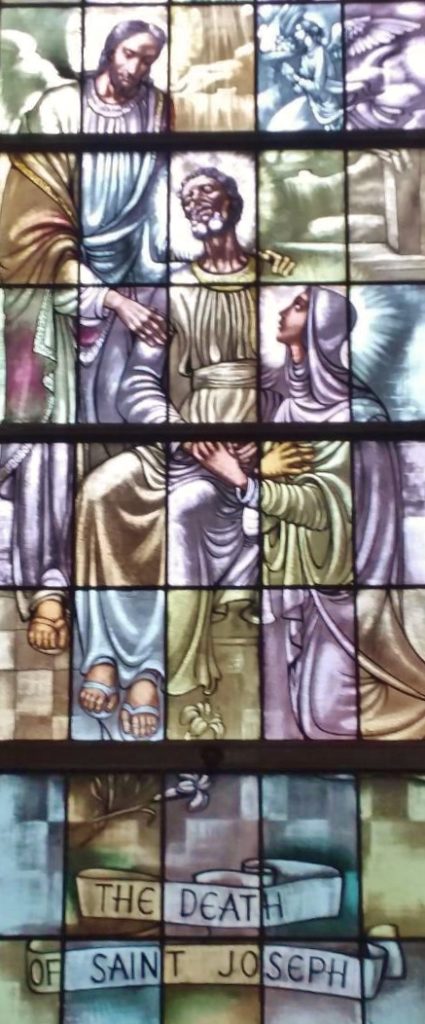The monastery on the mount of Casinum had suffered no damage during the war. After the conquest of Neapolis all major fighting had taken place farther north. Once a large forage party of Goths came to Casinum, where they found very little. The commander thought of sending some of his men up to the monastery, but he made some inquiries first and, when he heard that the monks only had one meal a day, he decided they must be near starvation and that it was not worthwhile climbing a mountain to take away the last of their food.
Fugitives came, especially during the siege of Rome, peasants whose farms had been burned, men and women searching for missing relatives and friends. Tertullus came to bid farewell to his son Placidus, who, with several other monks, was to build a small monastery in Sicily. He was deeply impressed to find his boy transformed into a strong and vibrant personality. “It’s an amazing thing,” he told Benedictus, “despite all the severe discipline here, he gives the impression of being a freer man than I am.”
“And so he is,” Tertullus, “not despite but because of that discipline.”
Tertullus sighed. “We Romans have lost the ability for it; yet it’s one of the old Roman virtues.”
“There was much that was good in the Roman World,” Benedictus said, “and we are trying to recreate its substance.”
“In that case, these monks of yours may well be the first new Romans. According to your rule you elect your abbots. That makes you a republic…a republic of saints, or rather a number of such republics, since each monastery is an independent unit. Those in Sublacum are flourishing, Placidus has told me, and so is the new one in Terracina. When I arrived, I saw a building at the foot of the mountains; it wasn’t there when I came the last time…”
“It is a Convent. The nuns there live in a way similar to ours.”
“And you founded it?”
“No. My twin sister, Scholastica.”
“How many nuns are living there?”
“I don’t know.”
“Will you ask? I know of a relative of mine who may wish to join them. Rusticiana, widow of Boethius.”
“She should enquire herself or send another lady to do so for her. No man may enter the convent.”
“But surely you must meet your own sister from time to time?”
“Yes. We meet once a year on a nearby farm, run by good and devout people.”
“To talk of old times, of memories of your childhood?”
“To talk of God.”
Tertullus nodded. Here was the answer to a question he had often asked himself. A saint was a lover; he was in love with God. A true lover was happiest when talking to the beloved, and next to that, when he could talk about the beloved. Whatever he did, said, or thought would always encompass the beloved or be encompassed by the beloved. Lesser men were like the moon, reflecting the divine fire as light, but the lover, the saint, was like the sun, lit up by the divine fire, burning and yet not consumed. It was the light of that fire that made the monastery what it was, a radiant place full of happy expectation. Only the best could live here all the time. He could not. I wish I could die here though, he thought.
“You will,” Benedictus said and walked away. Only when he had gone did Tertullus realize that the Abbot had read his heart.
“Citadel of God: A Novel about Saint Benedict” Louis de Wohl. Ignatius Press.






Recent Comments